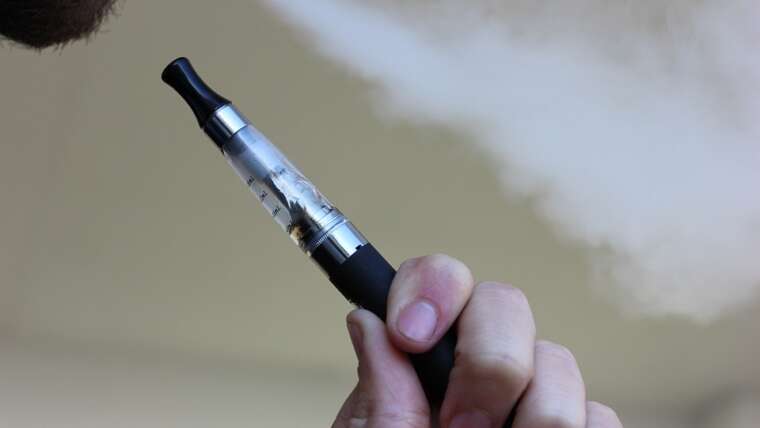Table of Contents
Identifying when to seek professional help for addiction is crucial for recovery. Many individuals grapple with the prevalence of addiction in their lives, often unsure of the right moment to reach out for assistance. Addiction can manifest in various forms, affecting the individual and their loved ones. Recognizing the signs and knowing when to act can lead to a successful resolution.
Understanding Addiction
Addiction is more than just a physical dependency; it is a complex condition that affects the brain and behaviors. This compulsive drive to seek substances or engage in activities can lead to escalating consequences. For many, addiction can start innocuously, often beginning with social drinking or experimenting with drugs. As usage increases, so do the potential harms, which can include mental health decline and physical health deterioration.
Factors contributing to addiction are vast, including genetics, environment, and mental health issues. A person might find themselves unable to control their use despite wanting to stop, which is a defining feature of addiction. This cycle can feel like a trap, making the thought of seeking help daunting.
Recognizing the Signs
Several warning signs indicate that professional help may be necessary. Behavioral changes often surface first, including a noticeable decline in work or academic performance. Relationships, too, can suffer; friends and family often observe a shift in priorities, where substance use becomes central. Mood swings and increased secrecy in personal habits can be telling behaviors that indicate deeper issues. Physical signs, such as weight fluctuations or hygiene neglect, play a role in this recognition journey.
If these changes are persistent and affect daily functioning, it may be time to seek assistance. Many people feel overwhelmed and unsure about how to approach this problem, but support is available. Recognizing these signs early can significantly improve the chances for a successful intervention.
The Impact on Daily Life
The influence of addiction extends beyond the individual, impacting various aspects of life. Work performance often suffers under the weight of addiction, leading to disciplinary actions or job loss. Social circles may shrink as relationships strain under pressure or resentment. Health risks grow, leading to severe consequences that can affect the individual and their family. Emotional tolls are immense; feelings of guilt, shame, and depression can create a vicious cycle.
When everyday responsibilities become overwhelming, managing tasks like family duties can seem insurmountable. Consistent avoidance of social situations can lead to loneliness and isolation. Assertively addressing these symptoms through professional help is vital. Unaddressed, these issues can result in dire health implications or strained relationships that could bring lasting regret. The clarity that comes from tackling addiction can foster more profound connections and better health.
The Role of Support Systems
Strong support systems can significantly ease the path toward recovery. Family, friends, and community can play an essential role in encouraging individuals to seek help. Expressing concern and providing a listening ear often empowers individuals to confront their struggles openly. Professional treatment programs can introduce various support mechanisms, from counseling to group therapy, allowing for shared experiences and empathy.
Establishing a support network means not facing the recovery journey alone. Local and online communities can serve as platforms for sharing experiences and gaining insight. Online platforms can offer online support for addiction recovery, a crucial resource for those hesitant to seek in-person help, ensuring individuals have access to guidance even in the comfort of their homes. These connections can be invaluable, providing a sense of belonging and understanding that is crucial in overcoming hardships. The journey toward recovery does not have to be solitary; the resources available today encourage connection and guidance.
Effective Therapy Methods
Various therapies can aid in recovery, tailored to meet individual needs. Cognitive Behavioral Therapy (CBT) has proven effective in breaking addiction cycles by addressing negative thought patterns associated with substance use. Other therapeutic methods, such as motivational interviewing and contingency management, engage individuals in their recovery process, enhancing motivation and accountability.
Holistic approaches that include mindfulness and yoga have become popular, combining physical well-being with mental health benefits. Exploring these options with a professional can uncover what resonates most. Each person’s journey is unique, and finding the right method can create a foundation for lasting success. Proactive involvement in therapy allows individuals to gain tools that foster longer-term change.
Taking the First Steps
Embarking on the recovery journey can feel intimidating, but taking the first step is critical. Acknowledging the need for help requires courage and often leads to profound personal transformation. Many individuals start by seeking information about available resources, discussing their feelings with trusted friends or family members.
Setting up an initial consultation with a healthcare provider can clarify options, leading to a customized plan that suits individual circumstances. Finding help is the most significant hurdle, as many individuals often remain in denial. Once that first step is taken, the rest of the recovery process often becomes clearer.

Understanding when to seek professional help for addiction is vital for recovery. By recognizing the signs, understanding the impact on daily life, and leveraging support systems, individuals can navigate their journey more effectively. Options such as effective therapy methods and community support can make a significant difference. Taking those first steps opens doors to recovery and cultivates connection and hope for a healthier future.



